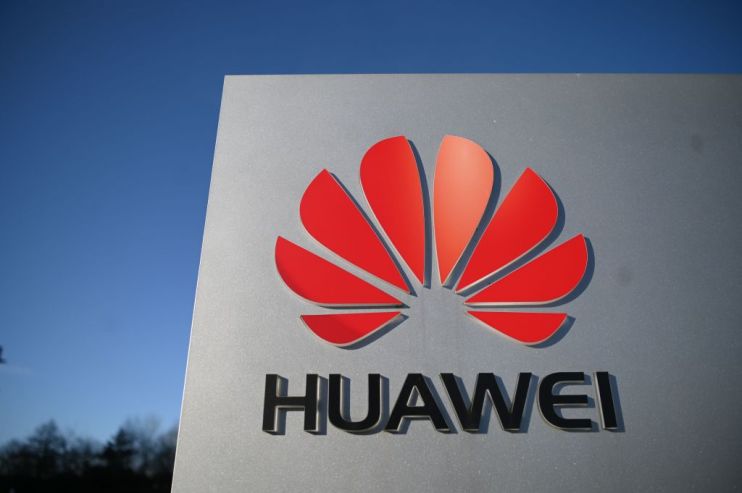Huawei 5G verdict Q&A: All of your questions answered

Boris Johnson today issued his verdict on Huawei, ruling that the Chinese tech firm will be granted a role in building the UK’s 5G network.
A long-awaited government ruling said the controversial company, which is classed as a high-risk vendor, will be allowed to build non-core parts of the next-generation mobile system.
However, Huawei will be excluded from core functions — the parts that carry sensitive data — and from certain geographic locations such as nuclear sites and military bases.
In addition, the company will have its market share limited to 35 per cent in periphery parts of the network, such as mobile masts.
While businesses welcomed a “sensible compromise”, polling from Yougov revealed the verdict was out of step with public sentiment, as 43 per cent of Brits said they disagreed with letting Huawei help build 5G infrastructure.
So after months of wrangling over the Chinese telecoms giant, what does the decision mean for the UK?
What does it mean for 5G?
The partial green light for Huawei will come as a major relief to the telecoms industry. All four of the UK’s major mobile providers — O2, Vodafone, EE and Three — have now launched their 5G networks using some equipment, and the decision means business can continue as normal.
Many telecoms experts have argued that Huawei’s kit is not only the best, but also the cheapest. Industry has long lobbied against a ban on Huawei, saying it would hamper the rollout of 5G in the UK as providers would have to rip out parts of their networks and replace the components.
Moreover, many have argued that maintaining a balance of suppliers through the network is important, and a ban would limit options. Alongside Huawei, Nokia and Ericsson are the major infrastructure suppliers.
Get the news as it happens by following City A.M. on Twitter
What does it mean for national security?
The key argument against allowing Huawei into the UK’s 5G network has been about national security. The US has long argued that the company’s links to the Chinese state mean it could be used for spying by authorities in Beijing. The UK’s National Cyber Security Centre, which is part of GCHQ, has also previously highlighted security vulnerabilities in Huawei’s products.
However, spy chiefs have maintained that any risks to national security can be mitigated, and have argued that keeping Huawei out of core parts of the network — and potentially away from key strategic sites such as Westminster — would help balance the risk.
Another point of contention has been the UK’s intelligence-sharing arrangements with its allies. The US has previously warned that any cooperation with Huawei could compromise the Five Eyes network. However, top spooks have played down these concerns.
What does it mean for the US-UK trade deal?
Huawei has always denied the allegations against it, and has argued the US’s campaign is politically motivated. Indeed, the row over Huawei has become a key factor in the UK’s negotiations with President Donald Trump over a future trade deal.
There’s no doubt that the government’s decision goes against the wishes of the US. However, Trump has recently toned down the rhetoric over the Chinese company, and attention will likely be turned to other issues such as Britain’s plans for a digital services tax.